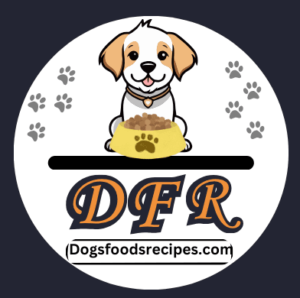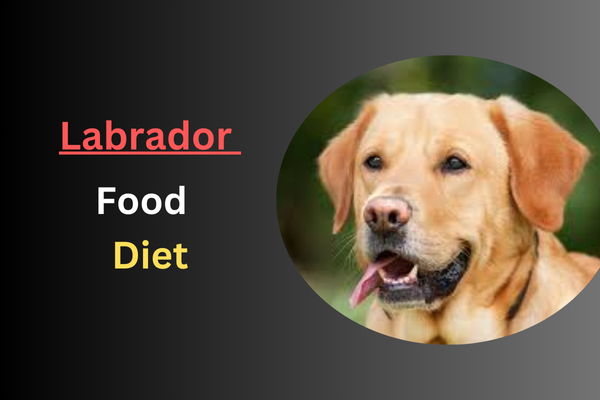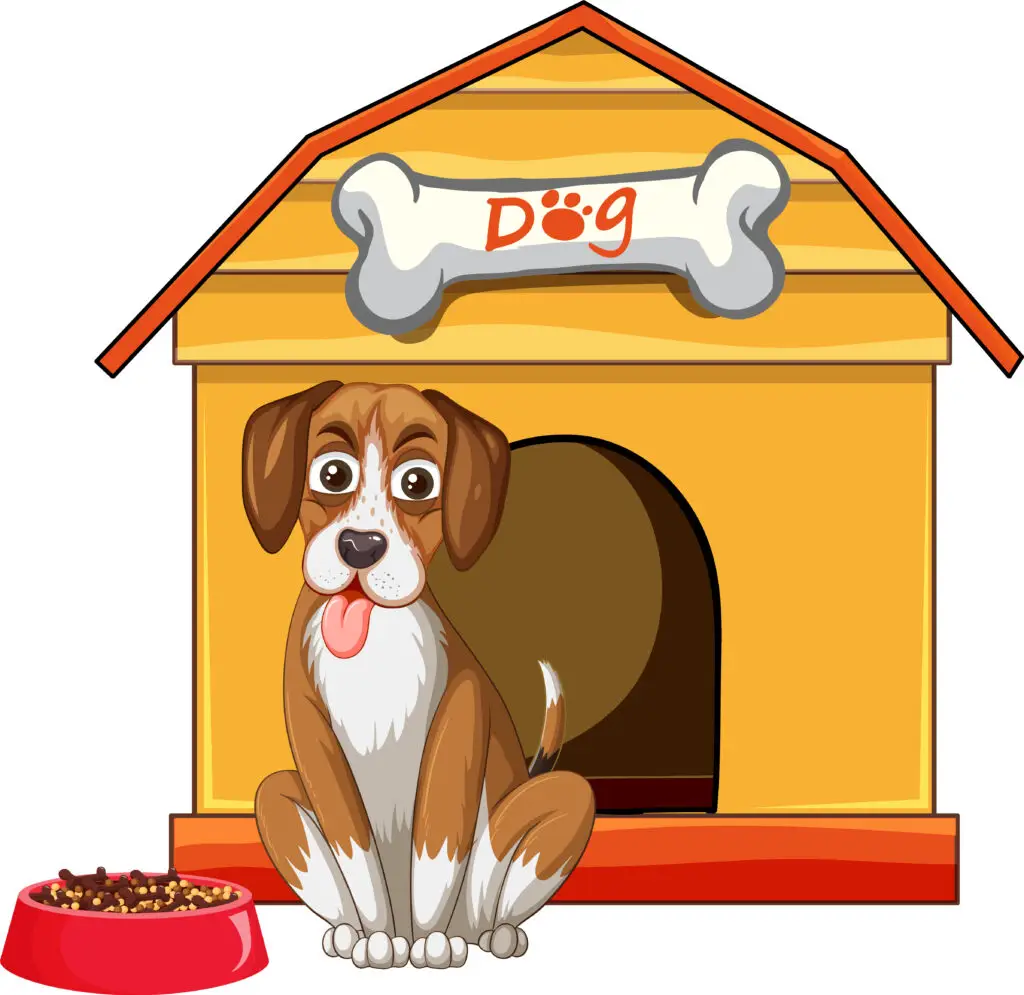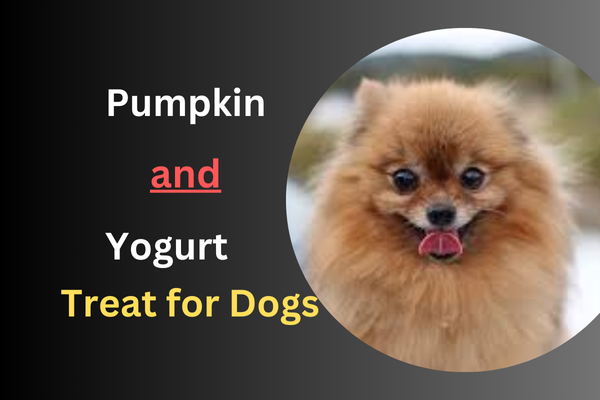Introduction
Now who doesn’t want the best for our adorable pets or especially for those who are needy because of their breed or health conditions such as French Bulldogs I hope you get what I am trying to say. French Bulldogs with tiny rounded faces and cheerful disposition suffer from allergies, gastrointestinal troubles, and obesity prone. It is from this point that homemade French Bulldog food recipes make so much sense because they are flexible, nourishing and devoid of most negative attributes of commercial dog foods. Altered diets from fresh foods have the potential of enhancing the health of your French Bulldog and at the same time reducing allergy occurrences in the dog.
So, in this guide, we will expand the topic and focus on the homemade dog food for French Bulldogs. They will acquire information about the nutrients that are vital for the health of your body; diet and the ways to cook healthy, comfortable and long-lasting meals. Let’s get cooking!
Why To Choose Homemade Food for Your French Bulldog?
French Bulldogs require different feeding regimens from all other breeds of dogs due to their peculiar genetics. Better still, preparing homemade food means that you get to decide what goes into the food your children eat. That way, you can address such unique concerns as allergies, poor digestion, and obesity, which the breed tends to have.
- Avoiding Allergens: Typically manufactured foods contain fodmap that is likely to have an adverse effect to dogs with allergies or sensitivities.
- Improved Digestibility: Dog that are blessed with raw food have their food in whole parts hence there digestion process is easy and less complicated hence no upsetting of the stomach.
- Better Nutritional Control: Cook your food at home because this way you are certain that you are getting your daily vitamins, minerals and protein.
- Weight Management: The overall health of French Bulldogs is essential, specifically, overweight issues are common among them. They are very useful whenever you want to avoid extra calorie intake for your pet but ensure that the animal is well fed.
Key Nutrients for a Balanced French Bulldog Diet
For your French Bulldog to grow and healthy you should ensure that it is fed well with good food. Here are some of the core nutrients needed for their health:
- Protein: The basic unit of muscle and tissue growth. Opt for products such as chicken, turkey or fish, preferring low-fat foods.
- Healthy Fats: Fats are important for energy and glamour coat as well. Two of the best sources are salmon oil and flaxseed.
- Carbohydrates: Starches such as sweet potatoes or brown rice give energy but should be determined so as not to lead to the accumulation of oil.
- Fiber: Fiber aids in digestion and guarantees bowel movement. The required nutrient can be gotten from pumpkin and green beans.
- Vitamins and Minerals: The nutrients such as A, C, D, E, calcium and phosphorus are used for strength of bones, immune system and different organisms.
Top Ingredients for Homemade Dog Food
Selecting high-quality ingredients is crucial for homemade dog food. Here are some top picks for each category:
- Proteins: Chicken, turkey, beef, salmon, eggs
- Vegetables: Carrots, peas, spinach, pumpkin
- Carbohydrates: Sweet potatoes, brown rice, oats
- Healthy Fats: Flaxseed oil, coconut oil, fish oil
- Supplements: Omega-3s, glucosamine, probiotics for added health benefits
Using these natural ingredients can help avoid preservatives and fillers often found in commercial dog food, resulting in a nutrient-rich homemade diet perfect for a French Bulldog’s sensitive system.

Recipes for Homemade French Bulldog Food
1. Basic Balanced Recipe
A balanced recipe ensures that your French Bulldog gets all the necessary nutrients in one meal. This recipe is suitable for most French Bulldogs, even those with minor sensitivities.
Ingredients:
- 1 lb lean ground turkey
- 1 cup brown rice
- ½ cup carrots (diced)
- ½ cup spinach
- 1 tablespoon flaxseed oil
Instructions:
- Cook the turkey until fully browned.
- In a separate pot, cook the rice according to package instructions.
- Steam the carrots and spinach until soft.
- Combine all ingredients, adding flaxseed oil last.
2. Allergy-Friendly Recipe
Designed for dogs with known allergies, this recipe avoids common allergens.
Ingredients:
- 1 lb ground lamb
- 1 cup quinoa
- ½ cup green beans (chopped)
- ½ cup sweet potatoes (diced)
- 1 tablespoon coconut oil
Instructions:
- Cook the lamb until fully browned.
- Prepare quinoa according to package directions.
- Steam the green beans and sweet potatoes until tender.
- Mix all ingredients, adding coconut oil after cooling.
3. Digestive-Friendly Recipe
This recipe is formulated to support dogs with sensitive stomachs.
Ingredients:
- 1 lb chicken breast (boiled and shredded)
- 1 cup white rice
- ½ cup pumpkin (cooked)
- ½ cup carrots (diced)
- 1 teaspoon fish oil
Instructions:
- Boil and shred the chicken breast.
- Cook the rice and pumpkin until soft.
- Steam the carrots.
- Combine all ingredients, mixing fish oil into the final meal.
Cooking Tips for Homemade Dog Food
- Avoid Salt and Spices: These can be harmful to dogs.
- Cook Meats Thoroughly: Raw meat can carry bacteria; ensure all meats are cooked through.
- Stick to Simple Ingredients: Avoid additives, sugars, and artificial ingredients.
Portion Sizes for French Bulldogs
French Bulldogs are small to medium-sized dogs and that makes it easy to over feed them, thus portion control is important. Follow these guidelines for optimal portioning:
- Adult Dogs: Generally, it is recommended to feed 1 to 1.5 cups of homemade food daily, divided into twice a day. However, this quantity may differ with the age of the dog, activity level and other requirement as may be required.
- Puppies: Adult dogs are fed only two to three times a day and owners may consider giving less amount depending on the breeds growth and activity levels.
- Monitoring Weight: Make it your business to weigh your dog and ration him appropriate portions of food appropriately. If they start gaining weight, it might be an excellent idea to cut down portions a tiny little bit or start adding a lot more low calories and high fiber foods.
Signs Your French Bulldog’s Diet is Working
There are so many advantages that come along with homemade food for your dog, but then it must be real right, how do you know that it is? Here are some signs that indicate the new diet is having a positive impact:
- Improved Coat Condition: They include a sleek, glossy coat that comes with proper feeding and proper fats and omega-3 from fish meal or linseed.
- Stable Weight: The ability to avoid gaining much weight or losing it is a sign that the person is properly nutritioned and portioned.
- Reduced Digestive Issues: Less occurrences of gas formation, bloated tummy and diarrhea infirm that the food being consumed is less problematic to the digestion of your dog.
- Clearer Skin and Less Itching: If you know that your French Bulldog had an allergy problem before, then the lack of itching, hot spots and red and inflamed skin is evidence that a homemade diet is not causing allergies.
- Increased Energy and Playfulness: Of course, a healthy and balanced diet means that your Frenchie has plenty of energy, and as you know, energy makes you playfulness.
By following these signs and monitoring your pet’s condition, you will be able to determine which are beneficial, and which of them may require further alterations.
Conclusion
Creating homemade food for your French Bulldog can be incredibly rewarding, especially when You witness the change that has taken place in terms of positive change in health and happiness. The dieting focus on providing balanced meals with the appropriate nutrients, choosing specifically to fit allergy indicators, delicate stomachs, even weight issues, is giving your Frenchie a longer healthier life out in the world. Of course, all dogs are different, so it’s crucial to observe their transformations, change recipes if necessary, and always consult with the veterinarian about whether homemade meals suit the dog’s nutritional needs or not.
Feed your French Bulldog with homemade food doesn’t mean saving on the commercial fillers and allergens only, but it is about giving your dog the best food and sweetness of loving care for pet. Therefore, why not try out these homemade recipes instead? Your French Bulldog will wag its tail and will be more vivid with shiny fur!
Frequently Asked Questions (FAQs)
1. Can French Bulldogs eat raw food?
- Some dog owners feed their pets raw diets, but French Bulldogs are prone to developing sensitive stomachs, and raw food is dangerous. This process is just as important since using ingredients cooked tend to be safer on the stomach of dogs with digestive complication. However, it is crucial always to consult your veterinarian if you decide on raw feeds.
2. How often should I feed homemade food to my French Bulldog?
- The amounts of food vary according to the age of the French Bulldog but any healthy adult dog need only two meals in a day while the puppies may require 3-4 meals in a day. When feeding your pets, stick to an a regular time to avoid overfeeding, upsetting the stomach or feeling very hungry.
3. What extra nutrient sources should go along with home cooked meals?
- Omega 3 fatty acid commonly known as fish oil supplements is good for the heart, joint supplements such as glucosamine, digestive health supplements such as probiotics and vitamin/minerals. However, consult your veterinarian if you are willing to add some supplements to your dog, to avoid adverse effects.
4. Can I tell that the French Bulldog I feed has allergy to certain foods?
- Some of the symptoms include itching, skin inflammation, ear infection, vomiting and diarrhea. If you are unsure about food allergies, consult your vet and try a trial removal scheme whereby specific ingredients are removed one after the other.
5. Could feeding my dog homemade be more costly than the commercial dog foods?
- Home-cooked foods are affordable more so where one has bought ingredients in large quantities. It also has potential to cut vets bills in the long run due to possible decrease in allergic reactions and digestive problems.







